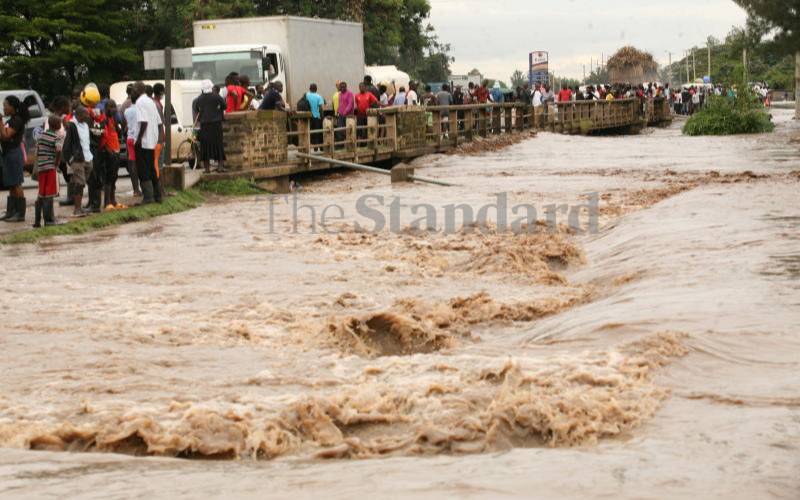×
The Standard e-Paper
Kenya’s Boldest Voice

The planned construction of a Sh20 billion water dam along Kisumu’s River Nyando has hit a false start after two Chinese companies that bid for the job opened a vicious legal battle over the award of the tender.
China Gezhouba, one of the firms that bid for the job, has moved to the procurement review board to contest award of the tender to China Jiangxi Economic Cooperation citing irregularities in the tendering process.